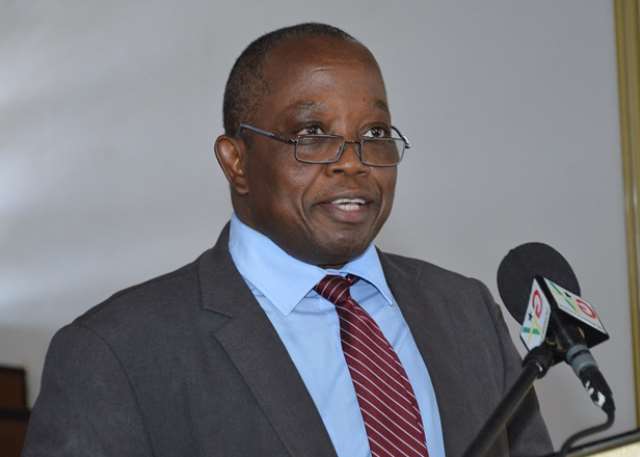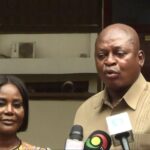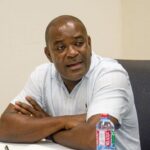President John Dramani Mahama has appointed celebrated anti-corruption crusader Daniel Yaw Domelevo as the new Board Chairman of Ghana’s Economic and Organised Crime Office (EOCO), in a bold and welcome move signaling renewed commitment to accountability. The announcement, made on August 19, 2025, via social media by Ghanaian lawyer Prof. Stephen Kwaku Asare (popularly known as Kwaku Azar), ignited widespread interest and signals a fresh chapter for EOCO’s role in prosecuting economic wrongdoing.
EOCO, overseen by investigative journalist Raymond Archer, is tasked with monitoring, investigating, and prosecuting economic and organized crime, including money laundering, cybercrime, and terrorism financing. Domelevo’s appointment positions a figure of proven integrity at its helm, a move many view as restoring public confidence in the agency’s capacity to pursue justice without fear or favor.
Domelevo’s career reflects a deep-seated professionalism. A chartered accountant and member of the Institute of Chartered Accountants, Ghana, since the early 1990s, he previously served in senior financial roles at the Controller and Accountant General’s Department and across World Bank operations in Zimbabwe and Malawi. He also held a pivotal role in auditing leadership from December 2016 to March 2021, when he was appointed Auditor-General under President Mahama.
His tenure as Auditor-General was marked by unflinching enforcement of public accountability. Domelevo harnessed the constitutional powers of disallowance and surcharge tools underused by predecessors to recover significant public funds and ensure fiscal integrity. One notable outcome was the recovery of millions of cedis through rigorous audit processes. His efforts earned international recognition, with Ghana’s Audit Service cited by the World Bank as a model anti-corruption body under his leadership.
However, Domelevo’s tenure was disrupted in 2020 when he was forced by President Akufo-Addo to take 169 working days of accumulated leave. The leave and subsequent dismissal stemmed from a legal tussle following an audit of the Ministry of Finance’s unsubstantiated $1 million payment to UK-based firm Kroll and Associates. Domelevo’s strong investigative stance, particularly in holding powerful officials to account, sparked legal combat and ultimately led to his enforced leave. The Centre for Democratic Development and other civil society groups challenged the action, and in 2023, Ghana’s Supreme Court ruled that his removal was unconstitutional.
The appointment of Domelevo to the EOCO Board is thus laden with symbolic and practical weight: it’s not just a role assignment, but an explicit reaffirmation of Ghana’s commitment to strengthening institutions that uphold transparency. On social media, one Ghanaian commented: “I want to assume that Daniel Yaw Domelevo has some integrity and wouldn’t allow EOCO officials to abuse the law… So help him God.”
In bringing Domelevo back into the corridors of accountability, President Mahama is doing more than honoring an individual’s reputation; he is signaling a governance philosophy that prizes ethical leadership and prosecutorial independence. As EOCO moves forward under a chair with a record of courage and reform, Ghanaians may finally see a full alignment between the anti-corruption ethos and its implementation.






